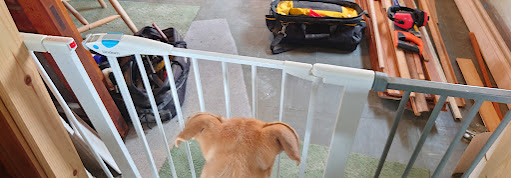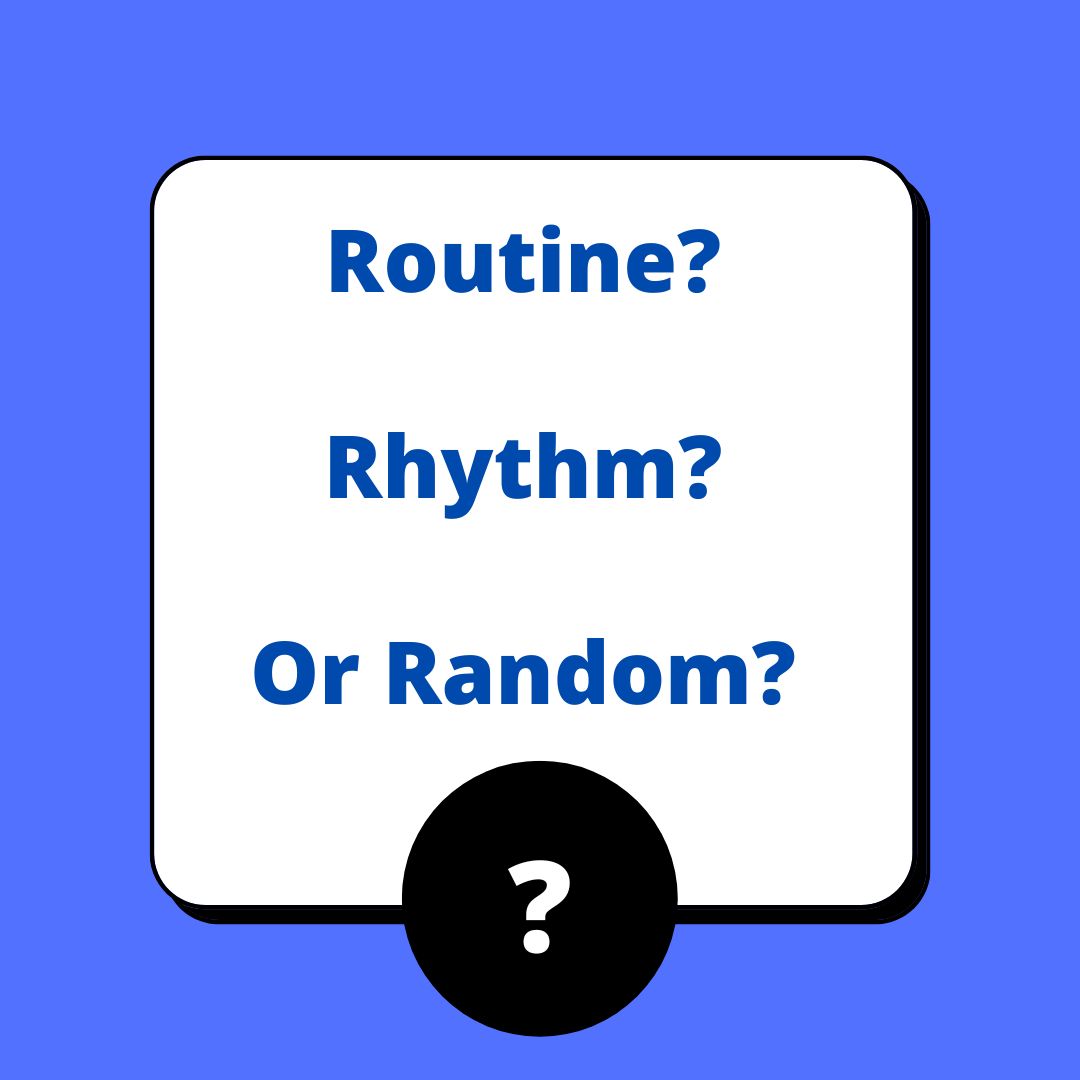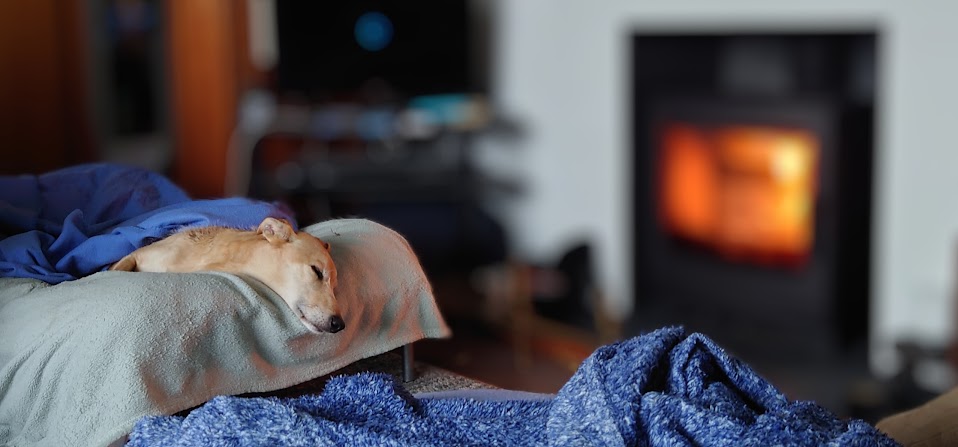Call / 07815 167247
Email [email protected]
Call / 07815 167247
Email [email protected]
There are lots of events in all of our lives that can be so very disruptive - building work, moving house, people moving in or out, changes of main carer, new children / babies, expected and unexpected visitors to the home such as social workers or medical professionals, changes of lifestyle such as retirement or a new job, changes of routine.
Wow! That’s a lot for us to cope with let alone our dogs.
It can be surprising how well our dogs cope, or how difficult they find coping with these sorts of life disruptions.

Sometimes these things come upon us suddenly. When my mother fell ill years ago, suddenly the family dog was not getting the walks that were normal for him, company during the day, and regular feed times. My father did his best, but what with trying to keep his job going, hospital visits and keeping himself looked after, our dog was not getting all the things he might expect.
Sometimes we can prepare such as when the builders started work on our house before the pandemic shut downs. We actually pushed the button on the work after we lost Stan and Ben because I know having three dogs in the house, one of which would struggle with the noise, would be hard. Jess has been a star the whole way through.
I have worked with clients where very sudden and difficult life changes have affected their dogs such as car accidents and medical emergencies.
The only thing we can do is be prepared to the best of our ability and predictive powers.
We know that she copes well with noise, being left at home or in the van, different people caring for her, I have done some training on vet visits, and so on.
Take a moment now to think about what those things might be in your life. It’s really hard, but here’s a few questions to help you -
Here are some further things to think about.


I recently put a posting on my Facebook page asking –
Do you have a set routine each day with your dog?
Personally I prefer a loose rhythm to the day rather than a routine with set times. For me, no day is the same. I don't want my dog waking me up at 7am on a Sunday because she thinks 'it's time to get up' or getting anxious because her dinner is not ready on the dot of 5.30pm.
That wouldn't work for everybody, but that's how my days roll. My dogs have always been good at adapting to the clear order of the day and cues that predict that the next thing is happening whether that be getting up, food, a walk or a journey in the car.
How does your day roll? Do you have a strict routine, a rhythm in the way the day goes, or are your days and timings completely random?
It’s an important question because when that baby arrives, your job changes or you change lifestyle, your routine sometimes goes out of the window. Or when the school run happens at the same time every day, the routine is important.
For most people responding there was little routine, mostly random, and that works well for their dogs and themselves. That may be because I live in the far West of Cornwall and I don’t know many people with a clear 9 to 5 job. Most are retired, work a few jobs, are self-employed or work shifts with things like the school run on week-days being one of the few routine things they do.
There is a big difference between being safe and feeling safe, and knowing your dog and their behaviour will give you the biggest clues as to how they are feeling. Often dogs will choose their own safe space, and that might be under a table or in the bedroom, or close to you.
The skills that I see clients needing when dealing with disruption most often is their dog being happy alone or at least separate from them. For some dogs that is quite a scary prospect. You may need time away from your dog because attention is on a new baby, or you are unpacking boxes. If you have a dog that is stuck to you like Velcro then working on that beforehand may be part of your plan.

And then what skills does your dog need? Adaptability? Being tolerant of a disrupted routine? Being able to have lots of people coming in to the house?
The simple fact is that you may need to add some tools to your toolkit in terms of the skills that your dog needs to cope with the disruption. You may well have some skills that can help you, even if they don’t seem connected at the moment. For example, your dog is getting under everyone’s feet, but they know how to go to a mat or their bed so you need to revisit that training with lots of things going on.
Management can be as simple as a shut door, or a kiddy gate, or putting your dog elsewhere, or keeping them on the lead:
This is easier for some people than others, and some of you will already have a good support network. However, there are other options such as daycare, dog sitter, dog walker or kennels that are there for you when you know you can’t be there for your dog.
My biggest tip is to ensure that you check in with one of these now, BEFORE you need help. That means your dog will be acclimatised to the person and situation and you know you have someone to rely on. For example, you are moving house, so you find a trusted friend, family member, or dog sitter to help you on the day so that when your dog arrives in your new home their bed is out, their bowl is down, the gates are shut, and they can come in and relax.
Another good tip is to look around for your local dog walking fields. You might know someone who can look after your dog, but booking them in to a field may be an easier option for some exercise than risking an off-lead walk www.dogwalkingfields.com
And don’t skimp on professional help. I have worked with so many clients who are going through changes in their lives or have experienced a traumatic event where their dog's behaviour has changed.